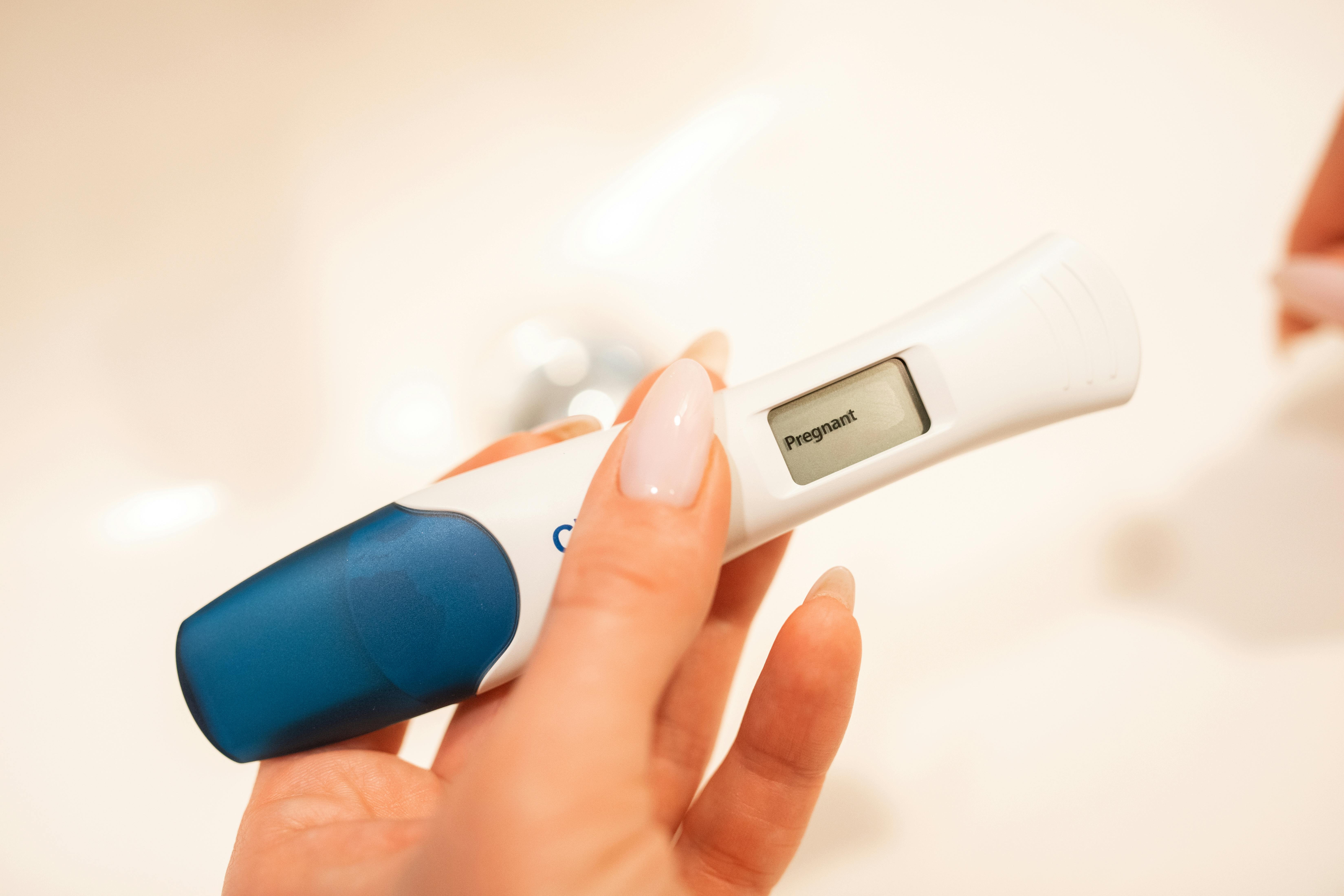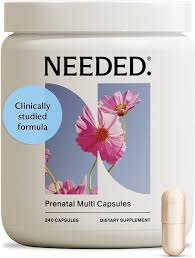Key Takeaways
- Children with autism often benefit from targeted nutrients that support brain, gut, and nervous system function.
- Supplements like omega-3s, probiotics, magnesium, vitamin D3, zinc, and B vitamins can help improve focus, mood, and overall development.
- Always use professional-grade, third-party tested products and consult a trusted provider before starting new supplements.
- Combining nutritional support with nervous system-based chiropractic care can help children thrive from the inside out.
Understanding Autism and Nutritional Support
Autism Spectrum Disorder (ASD) affects approximately 1 in 36 children in the United States. With the growing prevalence of autism, many parents are exploring natural, science-backed ways to support their child’s brain and behavioral health.
While no supplement can “cure” autism, research shows that certain nutrients can significantly support cognitive function, emotional regulation, and overall well-being. By addressing underlying deficiencies, families can help their children feel calmer, more focused, and better regulated.
Why Supplements Matter for Kids with Autism
Children with autism often have unique nutritional needs. Many experience challenges such as selective eating, gut inflammation, or poor nutrient absorption. These issues can create or worsen deficiencies in key vitamins, minerals, and fatty acids that the brain and nervous system depend on.
Targeted supplementation can help support:
- Cognitive performance and attention span
- Mood and emotional balance
- Sleep quality and relaxation
- Gut-brain communication
- Immune resilience
The Importance of Targeted Nutritional Support
Some children with autism have genetic or metabolic differences that make it harder for their bodies to convert or utilize certain nutrients. Supplementation bridges that gap, providing what the body needs for optimal brain and nervous system function.
High-quality, professional-grade supplements can enhance the benefits of diet, therapy, and nervous system-based chiropractic care, working together to improve focus, calm, and connection.
The Best Supplements for Kids with Autism
Below are seven of the most trusted and research-supported supplements for children on the autism spectrum.
1. Omega-3 Fatty Acids (EPA and DHA)
Omega-3 fatty acids are essential for brain development and communication between nerve cells. Many children with autism have low omega-3 levels, which can impact attention, learning, and mood regulation.
Benefits:
- Supports brain development and cognitive flexibility
- Reduces hyperactivity and inattention
- Promotes emotional regulation and improved communication
Recommended Dosage:
500–1,000 mg combined EPA and DHA daily. Choose a high-quality, mercury-free formula such as Designs for Health OmegAvail™ Liquid.
2. Probiotics for Gut Health
The gut-brain connection plays a major role in mood and behavior. Many children with autism experience digestive issues such as bloating, constipation, or diarrhea, which can affect neurological health and emotional stability.
Benefits:
- Balances gut bacteria and improves digestion
- Reduces irritability and supports calm behavior
- Strengthens immune and nervous system communication
Recommended Dosage:
Look for a probiotic with multiple strains such as Lactobacillus and Bifidobacterium, providing 5–10 billion CFUs daily. A great option is Designs for Health ProbioMed™ Kids.
3. Magnesium Glycinate
Magnesium is involved in more than 300 biochemical reactions in the body and is critical for nervous system regulation, sleep, and relaxation. Many children with autism are magnesium deficient, contributing to irritability, anxiety, and restlessness.
Benefits:
- Promotes relaxation and reduces anxiety
- Improves sleep quality and muscle tone
- Supports calm, balanced behavior
Recommended Dosage:
100–200 mg per day of a gentle, highly absorbable form like magnesium glycinate. We recommend Designs for Health Magnesium Glycinate Powder.
4. Vitamin D3
Vitamin D plays a vital role in brain health, immune balance, and inflammation control. Low vitamin D levels are common in children with autism and can influence mood and focus.
Benefits:
- Supports mood and cognitive clarity
- Enhances immune health
- Reduces inflammation and improves energy
Recommended Dosage:
600–1,000 IU daily, adjusted based on individual lab testing. A high-quality choice is Designs for Health Vitamin D3 Pro Softgels.
5. Zinc
Zinc is essential for attention, immune regulation, and brain development. Deficiency is common among children with autism and can affect focus and mood stability.
Benefits:
- Improves attention and concentration
- Reduces hyperactivity and irritability
- Supports immune and digestive function
Recommended Dosage:
5–10 mg daily, with professional monitoring. A trusted source is Designs for Health Zinc DS.
6. L-Carnitine
L-Carnitine supports cellular energy production and muscle tone. Some studies show improvements in fatigue, muscle coordination, and attention among children supplementing with L-Carnitine.
Benefits:
- Increases energy and endurance
- Supports muscle strength and tone
- Enhances focus and alertness
Recommended Dosage:
50–100 mg per kilogram of body weight daily. Try Designs for Health Acetyl-L-Carnitine.
7. Methylated B Vitamins (B6, B12, and Folate)
B vitamins are essential for neurotransmitter balance, detoxification, and cognitive health. Methylated forms are best for children with MTHFR variations, who may not process synthetic B vitamins effectively.
Benefits:
- Improves mood and focus
- Supports healthy brain chemistry and energy levels
- Reduces irritability and enhances overall balance
Recommended Dosage:
Typical starting points are B6 (20–50 mg) and B12 (500–1,000 mcg) per day. Consider Designs for Health B-Supreme for a comprehensive, methylated blend.
Recommended High-Quality Supplements
At Pinnacle Chiropractic, we only recommend professional-grade supplements that meet the highest standards of purity, potency, and safety. Below are our trusted choices for families seeking to support their child’s cognitive, immune, and behavioral health naturally.
Disclaimer: This post contains affiliate links. If you purchase through these links, Pinnacle Chiropractic may earn a small commission at no additional cost to you. We only recommend products we trust and use in our office.
- OmegAvail™ Liquid – High-potency omega-3 formula to support brain development and focus.
- ProbioMed™ Kids – Multi-strain probiotic to balance gut health and mood.
- Magnesium Glycinate Powder – Gentle and highly absorbable magnesium for calm and better sleep.
- Vitamin D3 Pro Softgels – Supports immune health, focus, and cognitive clarity.
- Zinc DS – Promotes attention, mood stability, and immune support.
- Acetyl-L-Carnitine – Enhances energy, muscle tone, and cognitive processing.
- B-Supreme – Methylated B-complex for brain health and detoxification.
Combining Supplements with Nervous System-Based Chiropractic Care
At Pinnacle Chiropractic, we help children on the autism spectrum thrive by restoring balance to their nervous systems. The nervous system regulates communication between the brain and body—and when it’s overwhelmed, behavior, focus, and sleep often suffer.
Gentle, neurological chiropractic adjustments help:
- Improve brain-body communication
- Regulate the stress response
- Support digestion, sleep, and emotional regulation
When paired with the right supplements and nutrition, nervous system-based care provides a strong foundation for healing and development.
Frequently Asked Questions (FAQ)
What supplements help with focus and attention in children with autism?
Omega-3 fatty acids, zinc, and methylated B vitamins are among the best supplements to support focus and cognitive clarity. They help balance neurotransmitters and support brain communication.
Are probiotics safe for children with autism?
Yes. Probiotics are generally safe and can significantly improve digestion, immune health, and even behavior when introduced gradually and monitored for tolerance.
What type of magnesium is best for kids with autism?
Magnesium glycinate is the most gentle and bioavailable form, ideal for reducing anxiety, improving sleep, and calming the nervous system.
Can supplements replace therapies or medications for autism?
No. Supplements are not a cure or replacement for medical or behavioral therapies. They work best as part of a holistic plan that includes nutrition, therapy, and nervous system-based care.
When will I start to notice improvements from supplements?
Many parents notice changes in sleep, mood, or focus within a few weeks, but results vary based on consistency, dosage, and the child’s individual needs.
Final Thoughts
Natural supplements can offer valuable support for children with autism by addressing nutrient deficiencies and improving brain, gut, and immune function. Combined with chiropractic care and a holistic lifestyle, these tools help create a calmer, healthier, and more connected child.
At Pinnacle Chiropractic, we’re here to guide your family every step of the way as you help your child reach their Pinnacle Potential—naturally and confidently.
Looking for a Pediatric or Prenatal Chiropractor near you?
Visit www.pdcnearme.com to find a trusted provider in your area.










